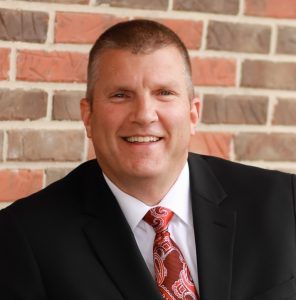February 20, 2023
By: Dwayne Page
State Representative Michael Hale wants to change the state’s anatomical gift (organ donation) law.
Although a small percentage of persons choose organ donation, the law gives Tennessee Donor Services authority to contact families about organ donation before bodies of their deceased loves ones are released to them from the hospital.
Hale said the procedure needs to be changed to streamline the process for families who may or may not want to make an anatomical gift (organ donation) of a decedent’s body or body parts after their loved one dies in a hospital.
This bill requires the individual that signs the death certificate to ask whether the family wants to make an anatomical gift of the decedent’s body and it prohibits an organ procurement organization (Tennessee Donor Services) from contacting the family if they should refuse to make an anatomical gift of the decedent’s body or body parts.
“In Tennessee there is a rule through Medicare and Medicaid funding that hospitals have to notify an organ procurement company when someone dies in the hospital. It does not affect nursing homes, hospices, etc. but a hospital has to contact a procurement company and in Tennessee that is Tennessee Donor Services,” said Representative Hale.
“Tennessee Donor Services then contacts the family and asks if they want to donate. What is happening across the state is these bodies are being held in hospitals 10 to 12 hours until Tennessee Donor Services contacts the families. One funeral director in East Tennessee told me a body was held in the hospital for 22 hours until the family was contacted even though the family did not want to make an organ donation,” Hale continued.
“I had a family in December tell me they felt they were pressured. A couple of week ago I was in Carthage and a lady with tears rolling down her face said her family member was held at the hospital because of Tennessee Donors even though she had told them to call the funeral home. The law says in Tennessee when a person dies, they become the possession of the next of kin but in cases like this Tennessee Donors is able to hold these bodies in the hospital for hours,” he said.
“What I have proposed is when someone dies in a hospital or is on life support, a nurse and or doctor, or medical examiner, with the proper training, would be able to talk to the family about organ or tissue donation. This would allow healthcare professionals to handle this rather than a third party,” said Hale.
“Opponents of the legislation are pushing back saying it would affect hospital funding, but I have received verification from US Senator Bill Haggerty’s office that this would have absolutely nothing to do with funding as long as healthcare professionals are trained to have a conversation with the family about organ donation and then if a family declines organ donation they can sign a release to the funeral home,” said Representative Hale.




